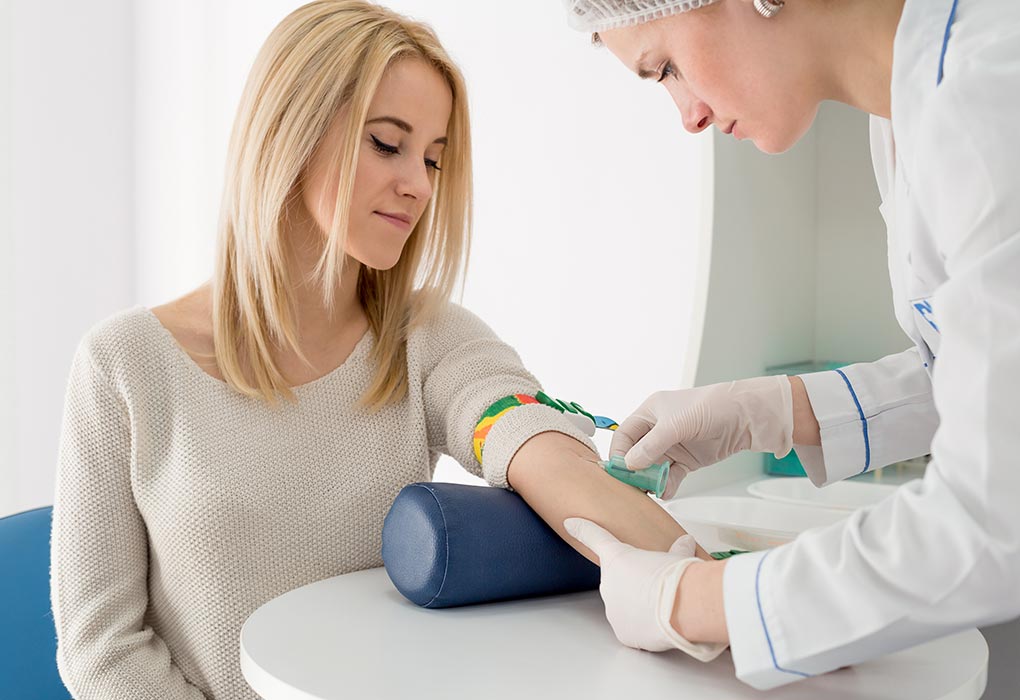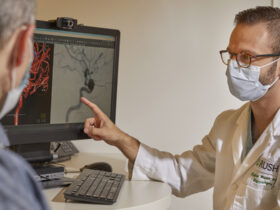As a woman, it comes a time when you crave to have a baby. When that time comes, you will look for all the means and methods to conceive. Unfortunately, when you are not lucky after some time, it is advisable to engage a fertility doctor.
Look for a specialist who is ready to customize your fertility treatment regime and ensure that they address your needs. At RCC Fertility Ontario, the infertility professionals are always ready to help you travel that challenging journey.
Infertility Testing
If this is your first time or a consecutive one, you need to know the required test for both men and women.
- Men
It is advisable for men to see a specialist if they have been trying for about 12 months. Additionally, if you experience the following:
- Erectile Dysfunction
- Delayed ejaculation
- Low sex drive
- Pain in the genital area
You’ll need to explain your medical history to the infertility doctor to understand your overall health. That is not all; the doctor will also ask about your sexual history and know the factors affecting your fertility.
A physical exam will be done to check the genitals for any lumps or abnormalities. Another test will be semen analysis, so you’ll be asked for a semen sample to see how the sperm is shaped and moving.
If the test is not conclusive, more tests such as genetic testing, genital ultrasound, and hormone testing will be carried out.
- Women
As a woman, you need to know that your fertility typically decreases when you hit age 30. At under 35, you can visit a doctor after one year when you are actively looking, and for over 35, it should be after six months.
The specialist would want to know your medical history, sexual history, and any conditions affecting your infertility. Another test will be on the pelvic area to check for fibroids or endometriosis. The doctor will also want to know your ovulation history every month. An ultrasound can also be done to examine the uterus and ovaries.
Additional tests include:
- Hysterosalpingography is like an x-ray to know about the uterus or fallopian tubes.
- Laparoscopy is a camera used to examine your internal organs.
- Ovarian reserve testing is a combination of hormonal tests done on women looking to conceive.
Takeaway
When struggling with infertility, it does not mean that your dreams to have a baby are over. It may take time to have a baby, but you might have a child with the right midset, specialist, tests, and treatments.
The treatment of you and your partner varies; it depends on your age, personal preference, and the cause of infertility; the results from the infertility treatments also depend on numerous factors. Unfortunately, there are situations where an infertility doctor would suggest a sperm donor, adoption, or surrogacy. No matter the solution you will go with, the bottom line is that you have a child. So, if you have been trying, consult a specialist for more advice on the way forward.








